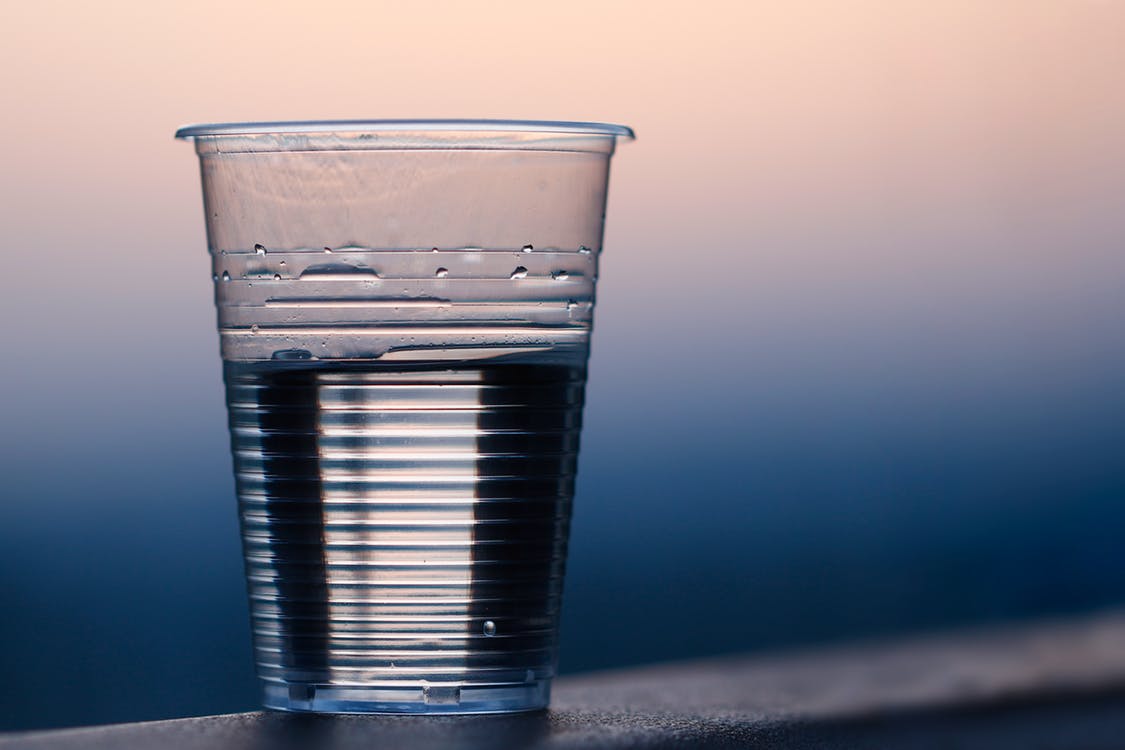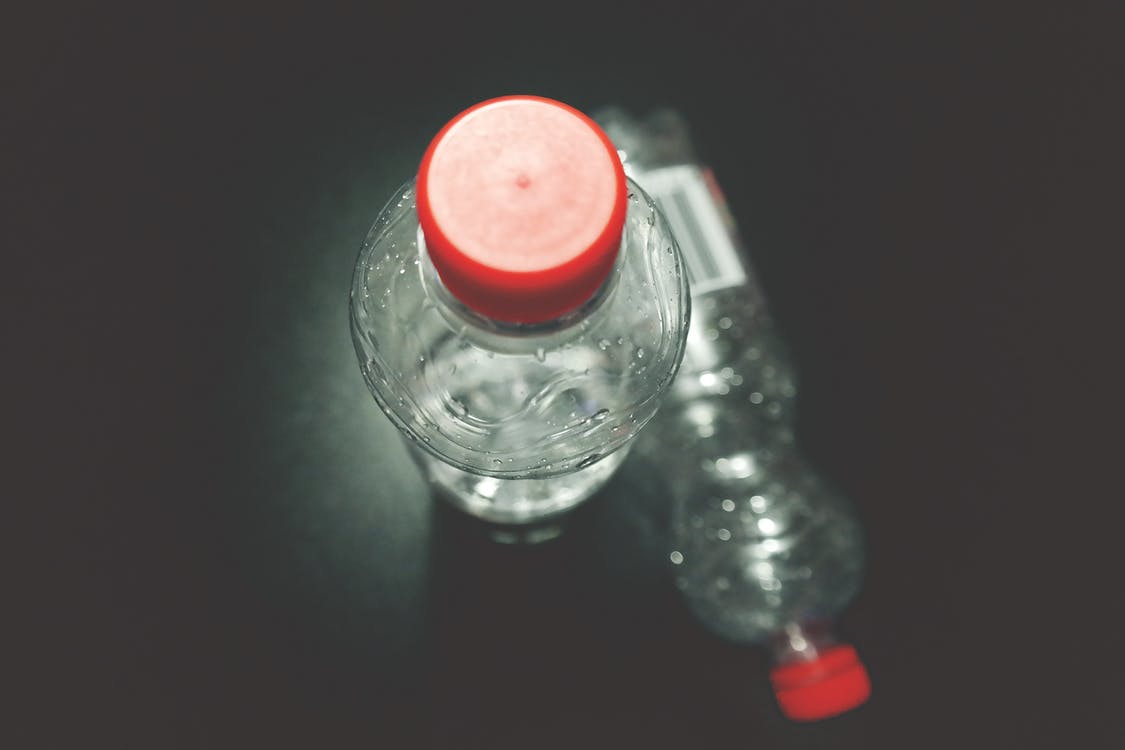Take care of the skin is very important, but it is not limited only to products that we use washing or nursing. Laundry detergents whose ingredients can be hazardous to health have great influence on it.
While preparing dirty laundry for the washing machine, the only thing we think is that it needs to be washed as much as possible. That is why we often do not spare the detergents we use. There are several types of powder, softeners, bleaches and similar products. However, we do not think about how washed clothes by all these products can affect our skin.
‘Some detergents contain up to more than 15 different ingredients that can adversely affect the skin. These are, above all, substances used to remove dirt. Then, these are the ingredients used to soften water and prevent limestone formation. Then, there are whitening and stain removal enzymes, primarily used for protein stains. Additionally, there are some additional ingredients in detergents that improve the penetration of these elements, as well as penetration to water into deeper parts of the fabric to make the detergent’s effect better, “said spec. dermatologist venerology’s Maja Ceković.
All of these ingredients can cause irritation and allergic skin reactions. Children’s skin is especially sensitive, so you should take extra precaution when washing baby clothes.
“Given that the child’s skin is thinner, more sensitive and defensive strength of the child’s skin is weaker, they are more susceptible to irritation and allergic skin reactions. Softeners are the worst thing of all these preparations and can most often cause allergic reactions, “warns spec. dermatologist venerology’s Maja Cekovic.
ECOMODO is a device thanks to which you can wash your laundry with or without detergent even in cold water. More about the device you can find on THIS link.
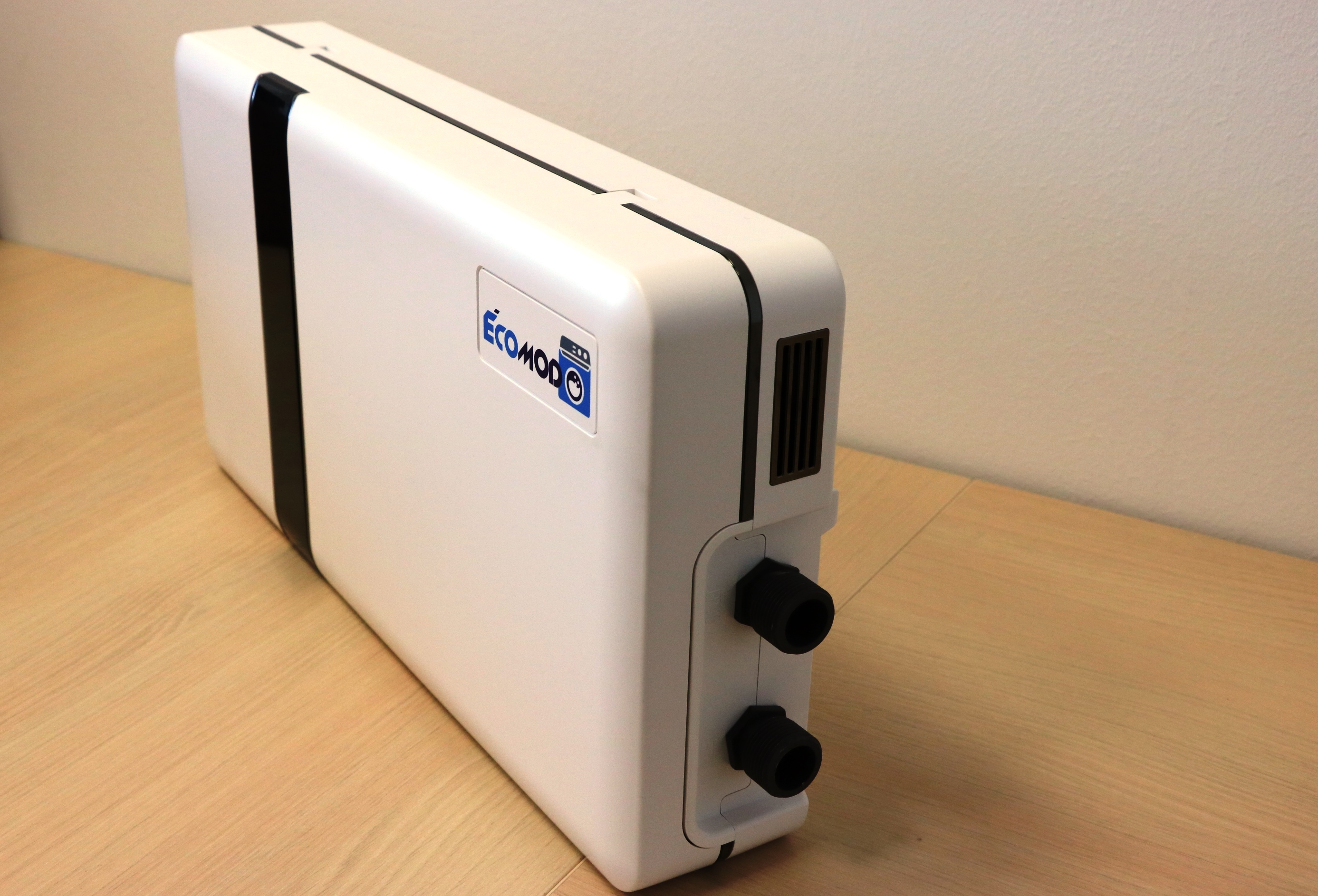 Softeners besides scents and colors, also contain preservatives that can often cause allergic reactions. One of them is formaldehyde that has been proven to be carcinogenic. Softener in the dryer releases a resin that deposits on the surface of the fabric, which can be very toxic. Changing the detergent is also not desirable.
Softeners besides scents and colors, also contain preservatives that can often cause allergic reactions. One of them is formaldehyde that has been proven to be carcinogenic. Softener in the dryer releases a resin that deposits on the surface of the fabric, which can be very toxic. Changing the detergent is also not desirable.
“If one kind of detergent can have 15 or more chemicals, and another detergent has some other chemicals, as we come in contact with as much chemicals as possible, it is more likely that allergic reactions will occur. Therefore, it is not too good to change the detergents. If we find a detergent with the effect we are satisfied with and which does not cause any skin reactions, whether it is irritation or allergies, it is better not to change them, because any such change can cause a reaction on the skin, “Dr. Cekovic emphasized.
Regardless of these worrying information, few of people will stop using detergents. But there is something you can do for yourself and your skin.
It is important to say that it is much better to use detergents in the form of a powder rather than a liquid because the liquids contain more of these chemicals, they are more concentrated and so more aggressive to our skin.
It is also necessary to check the declaration of the product.
It is important to check which ingredients contain detergent and avoid those harmfull to health.
Bleaches such as sodium perborate are unsafe. Regarding odor, you should buy detergents that have as little as possible odor. Because scents can cause allergies to the skin and the respiratory system. Enzymes derived from colonies of various bacteria that break down stains or most commonly protein stains can also stimulate the appearance of eczema on the skin.
Then, these are sulfatants, detergent additives, that all these other ingredients could penetrate deeper into the fabric and are better cleaned and some of them contain 1.4 oxanes which are carcinogenic.
And finally, one more tip – it is much better to dry clothes in fresh air than in indoors. So, all those who have the opportunity, let their clothes provide drying under the clouds. The skin, which these clothes will cover later, will surely be grateful to you.


 BiH
BiH
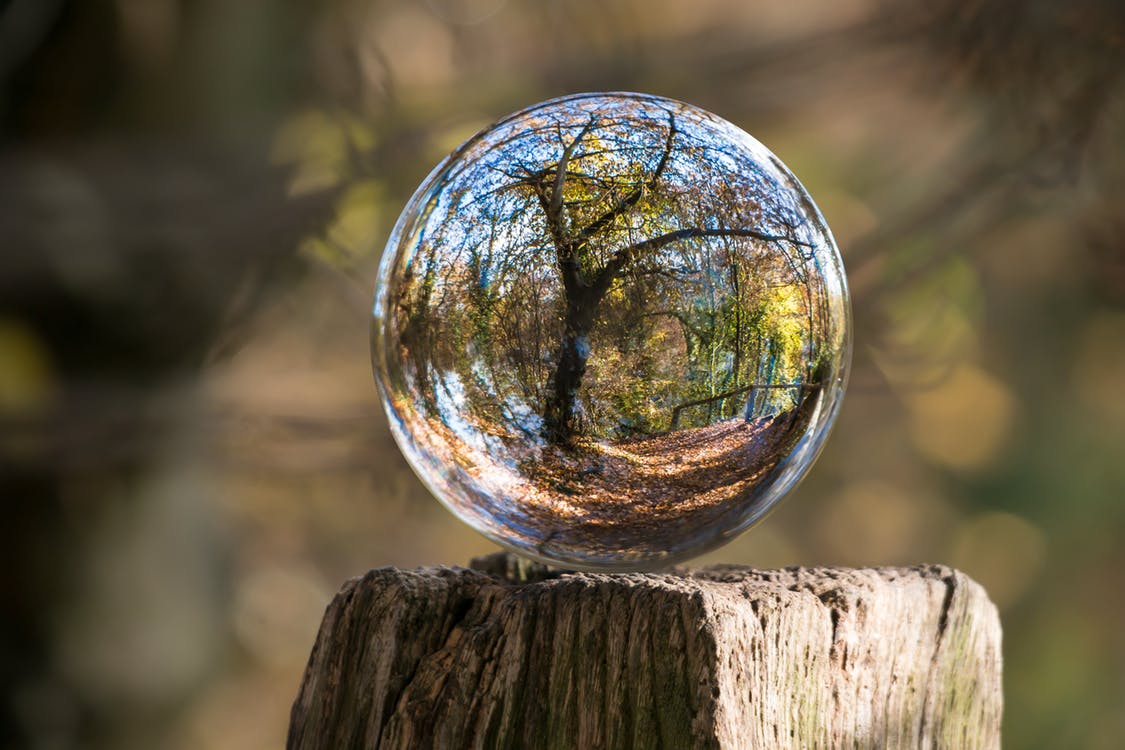
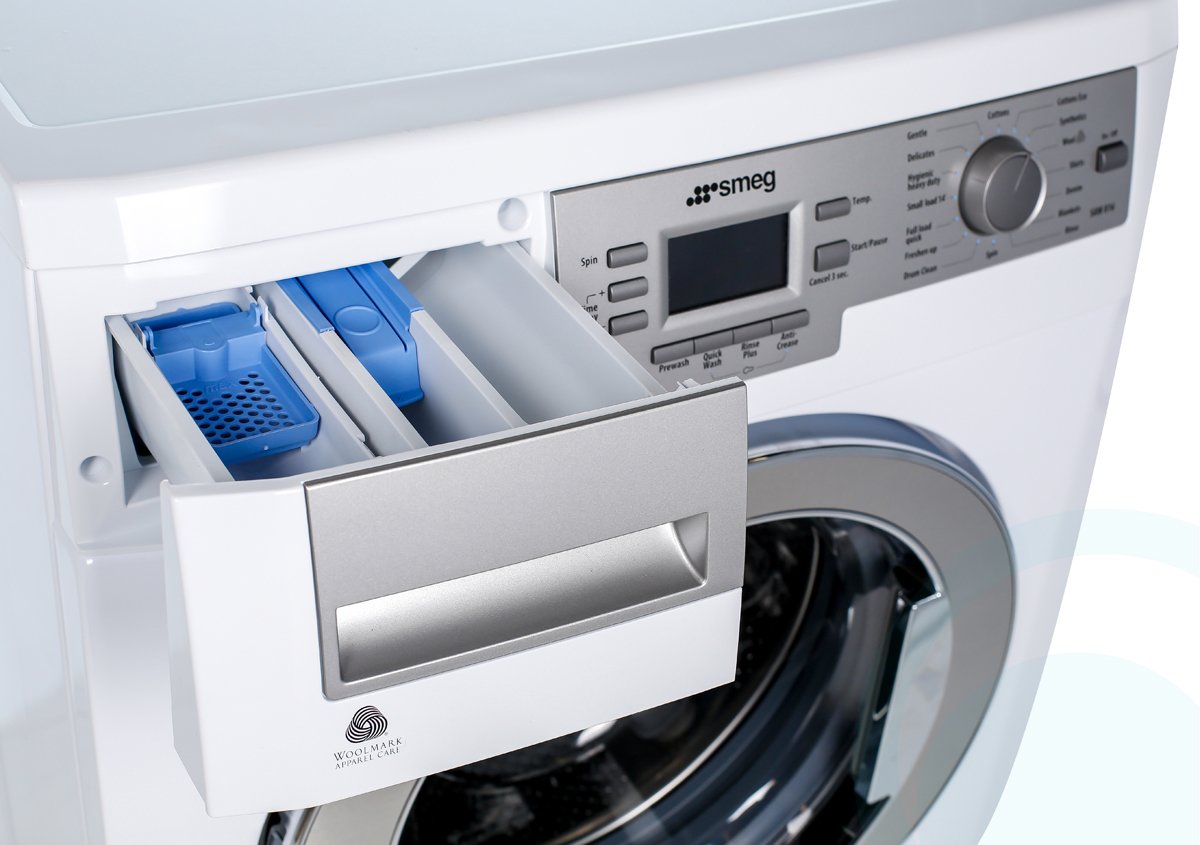
 Softeners besides scents and colors, also contain preservatives that can often cause allergic reactions. One of them is formaldehyde that has been proven to be carcinogenic. Softener in the dryer releases a resin that deposits on the surface of the fabric, which can be very toxic. Changing the detergent is also not desirable.
Softeners besides scents and colors, also contain preservatives that can often cause allergic reactions. One of them is formaldehyde that has been proven to be carcinogenic. Softener in the dryer releases a resin that deposits on the surface of the fabric, which can be very toxic. Changing the detergent is also not desirable.